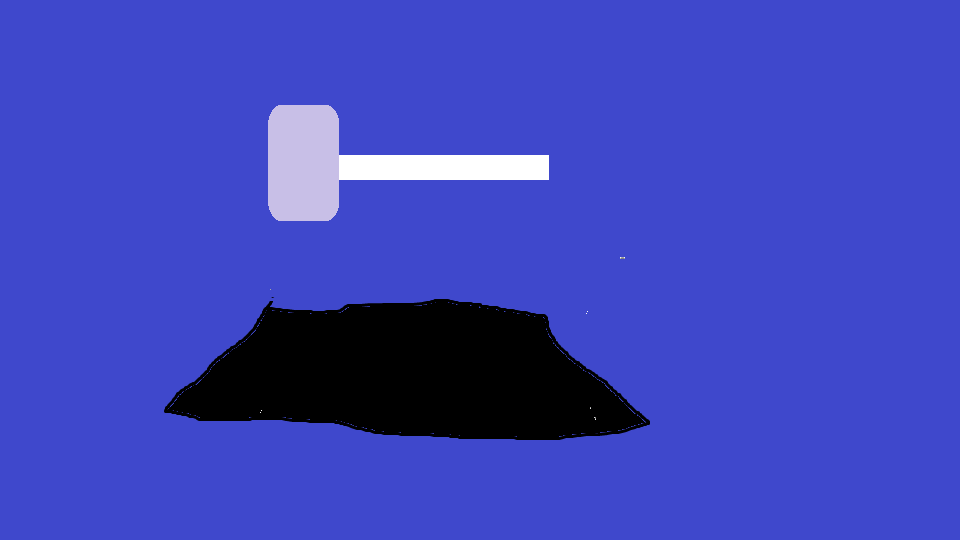Kingdom of Mondert
Mondert has a joint government two kings and two councils of elders ruling them, one human, one dwarf. They are fairly geographically isolated. Dwarves do most of the mining and metal work, but both human and dwarf alike live primarily by fishing and tropical agriculture. They assimilated with human culture so much they are barely recognizable as dwarfs (though they kept the beards).
History
Meckelorn’s kings were generally wise and fair until a greedy dwarf known as Kronnic the Brash, ascended to the throne. Kronnic was disliked both within and without his own nation. He raised taxes greatly and wasted money on selfish pursuits. He threatened war with neighboring nations over the slightest provocation.
Many of his subjects wanted to crown his much more level-headed younger brother, Prince Mondarias Mondarias refused stating that to break the rules of succession would irreparably harm the Dwarf people for centuries to come. Despite his public refusal, Monderias faced at least one nearly successful assassination attempt believed to be the work of his jealous brother.
Monderious chose self-exile. He left with a small contingent of core supporters in the year 861 according to the West Colassian calendar.
The exiles sailed Scarterras for over ten years before settling on a chain of volcanic islands and befriending the local tribes of humans there eventually formalizing their friendship into the joint human-dwarven nation of Mondert. Monderias’ people then essentially removed themselves from dwarven history. It wasn’t for centuries that anyone in Meckelorn was even aware that Mondarias’ exiles had survived, much less formed a new nation. It took about 600 years for the West Colassian dwarves to hear about what happened to their lost cousins and about 900 years for the disparate dwarves to establish formal diplomatic ties.
In any event, Mondarious and his followers were able to befriend the human islanders that they met and the two peoples were able to quickly combine their strengths to defend their islands against a number of monstrous threats cementing their friendship for generations to come, eventually formalizing their relationship into a joint nation.
Mondarians celebrate 875 as the year of their nations founding. The humans and dwarves certainly were cooperating well in this year, but they didn't formalize their alliance until the early 900s and the humans didn't start referring to themselves as "Mondarian humans" until the 1000s.
Tenets of Faith
Mondarians follow the basic tenets of the Nine more or less like the rest of the Scarterrans do, but they tilt all teachings towards putting family and community ties front and center.
Filial piety is highly prized in Mondarian culture and most human and dwarf families have shrines to their ancestors. They are as likely to pray to their ancestors as they are to pray to the Nine.
Not too surprisingly, spirit loas are disproportionately common in Mondert and they are highly respected within their societies as living conduits to the honored ancestors.
Worship
Most Mondarians venerate Mera and Hallisan on equal footing with Korus close behind.
Khemra, Nami, and Zarthus are given worship and respect on their holy days and not given much though the rest of the year.
Greymoria, Phidas Maylar are generally feared and distrusted with only cursory worship of them on major holidays in order to stay their wrath.
Priesthood
Most Mondarian priests and priestesses serve Hallisan, Mera , or Korus . Most of these priests and priestesses are embedded into the fabric of their local communities.
Mondarian priests and priestesses of Khemra , Zarthus, and Nami are uncommon. Most of these priests and priestesses are highly mobile and travel through out all of Mondert's islands to spread their wisdom and peity.
Priests and priestesses of Greymoria, Phidas , and Maylar are all but unheard of. Most of these priests and priestesses worship in secret.
Regardless of the deity involved, Mondarian religious institutions are uniquely Mondarian. Mondert's temples and priesthoods are very independent from the mainstream global ecclesiastical traditions of the Nine.
For instance, the priesthood of Mera is very influential in Mondert but the Mondarians refuse to declare themselves for the Terrawans or Walchese Mera traditions.
Founding Date
875
Type
Geopolitical, Kingdom
Predecessor Organization
Training Level
Semi-professional
Veterancy Level
Experienced
Demonym
Mondarians
Government System
Monarchy, Constitutional
Power Structure
Autonomous area
Location
Controlled Territories
Neighboring Nations
Related Ethnicities


Comments